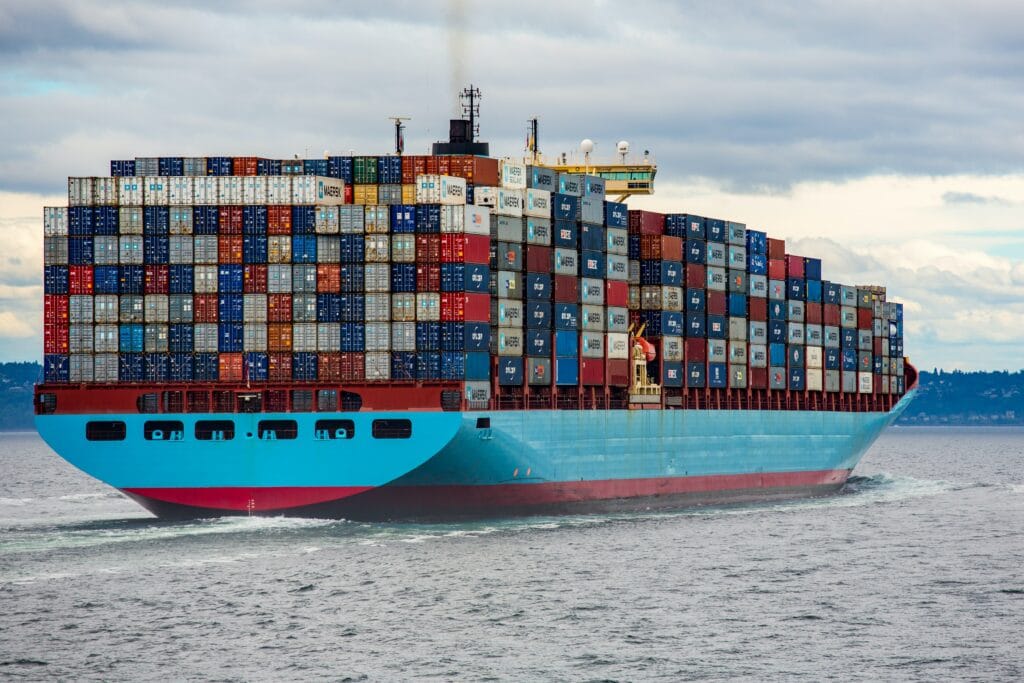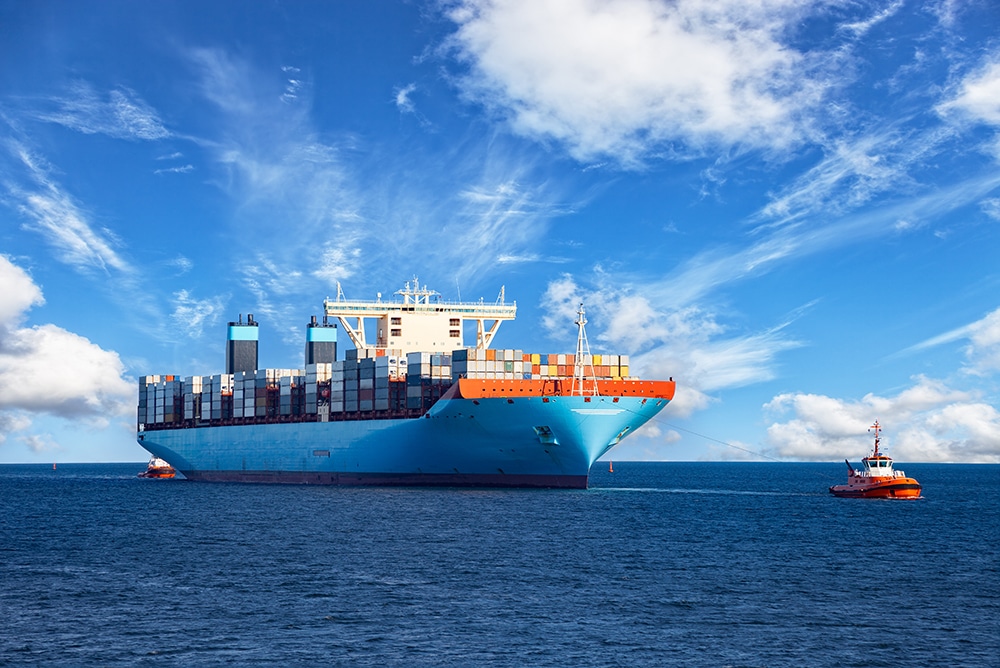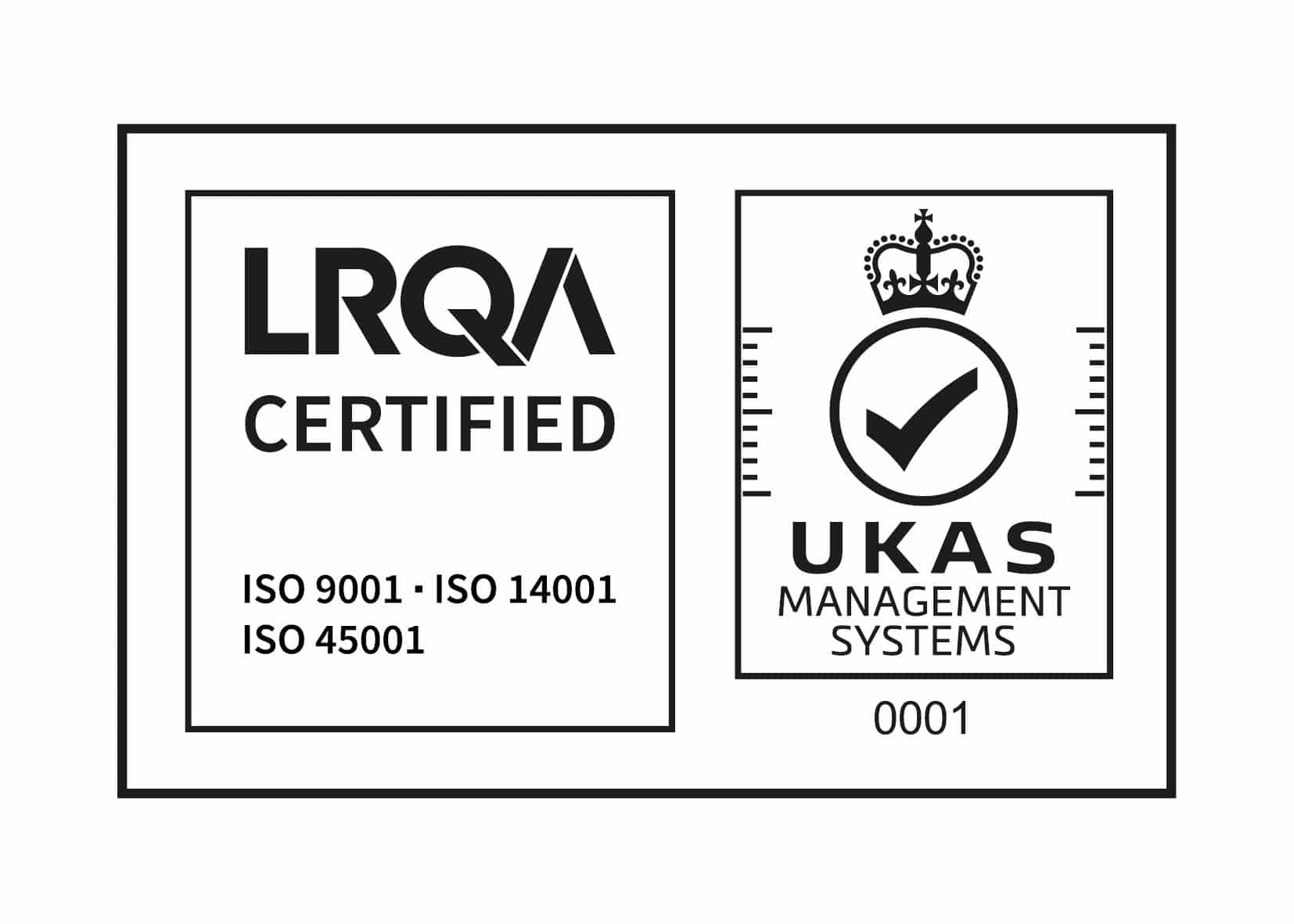The shipping industry plays a pivotal role in the quest toward a carbon neutral future. The Paris Climate Accord sees the Maritime Organisation halving its greenhouse gas emissions by 2050. The time to start acting on the plan is now.
Despite the collective call to invest in alternative fuels as a means to reducing gas emissions, to this day not enough shipping industry professionals are willing to rely on renewable energy or other sustainable options. The truth is, failing to consider carbon-neutral fuels is already resulting in gas emissions having a negative impacting the environment, and these situations will only worsen over time.
As studies provide more extensive insight into the negative effects of our current transportation fuels, the Paris Climate Accord has laid out an ambition challenge to the shipping industry. Marine transportation experts need to act fast to meet their -50% Greenhouse Gas (GHG) Emissions goals by 2050. Moreover, alternative fuels by and large will constitute a more cost-effective alternative to oil-derived gasoline and diesel.
Current And Future Regulations In Fuel Consumption
The worldwide efforts to reduce CO2 emissions are critical. The International Maritime Organisation (IMO) has recently celebrated its ten-year anniversary since introducing actions to reduce greenhouse gas emissions. Part of meeting the requirements of this fundamental plan is relying on the use of alternative transportation fuels. As the plan meets its milestones, these measures are bound to increase, and regulation is likely to tighten over time.
The benefits of introducing alternative fuels in shipping include:
- Improved mileage compared to traditional fuel oils
- Increased chances for renewable energy usage
- Better longevity than conventional diesel
- Possibility to save limited resources
- In tandem with other approaches such as consumption prediction, alternative fuels can be extremely cost-effective
How to Track a Ship In Real-Time ?
Let us look at how a ships’ real-time tracker works, its details and features, its benefits for all players in the shipping sector but also its weaknesses…
Top Five Alternatives To Fuel Explained

As common as they are, both diesel and natural gas will eventually become a thing of the past. In spite of current efforts, the maritime industry is still producing more CO2 emissions than desirable or even sustainable in the long run.
The maritime industry press is being dominated with topics relating to decarbonisation. It’s an important subject that the maritime industry and shipping companies can no longer ignore. Relevant US organisations such as the Environmental Protection Agency (EPA) point out that transportation alone is responsible for about 14% of global GHG emissions.
We can, however, already make significant inroads towards reducing the carbon footprint of the industry. Through the use of more sustainable engineering technology and route optimisation, the following five fuel alternatives can help drastically reduce these numbers.
Methanol
Derived mostly from natural gas or coal, as well as from agricultural waste and other renewable sources, methanol is regarded as one of the most sustainable marine fuel alternatives. This is largely due to its extremely low carbon content and the highest hydrogen content among all liquid fuels. Methanol’s renewability places it among the most widely available alternative fuels within the marine industry. Two and four stroke engines can benefit from this energy carrier. Additionally, methanol can also be stored in its liquid form at atmospheric pressure.
Ethanol
Traditionally a fossil-based fuel, ethanol from integrated biorefineries still constitutes a more viable option than many, with higher sustainability levels for most of its uses. In its pure form, it can save up to 87% of GHG emissions than traditional fuel. Investigations are still ongoing into the role ethanol will be playing in our emancipation from fossil fuels, recent data is promising.
How to Track a Ship In Real-Time ?
Let us look at how a ships’ real-time tracker works, its details and features, its benefits for all players in the shipping sector but also its weaknesses…
Hydrogen
Being a non-toxic gas, hydrogen provides some added benefits to other fossil fuel and carbon-based options. The volumetric density of this combustible is significantly lower than more conventional marine fuels. While more investigation is needed, hydrogen is seen as one of the most viable options for the mid- and long-term future. This is because – when used on internal combustion engines – this gas has the power to almost completely eradicate GHG emissions, which would be a huge win for transportation fuels for the marine industry.
Natural Gas
Likely the most environmentally friendly fossil fuel, natural gas is praised for its ability to burn cleaner than any alternative, releasing between 50-60% less CO2 than regular oil. Its greenhouse gas emissions also present a shorter lifecycle than average. Natural gas is an incredibly resourceful element, but it presents some challenges transportation-wise. These can be addressed by upgrading the transportation infrastructure in order to avoid potentially harmful leaks.
Ammonia
Mostly originated from fossil-fuel based hydrogen, ammonia carries the potential to be extracted from carbon-free sources. This is an avenue currently explored by scientists for the production of renewable fuels. The low energy density of ammonia allows for higher storage volumes, although its highly corrosive potential poses some health and safety risks. Possibly the least explored alternative fuels, it is still thought to become a viable option in the near future.
Making The Best Out Of Alternative Fuels

The maritime industry is coming to terms with the urgency of moving towards more sustainable and renewable engine fuels. Shipping companies will need to adapt and optimise their equipment for the use of alternative maritime fuels. This in conjunction with smart tools such as route planning will benefit both the environment and company’s ROI.
If you are looking to optimise your shipping routes while complying to environmental guidelines, Sinay can help.
Frequently Asked Questions About: ALTERNATIVE FUELS
Different alternvative fuels exist, here is the top 5:
- Methanol
- Ethanol
- Hydrogen
- Natural gas
- Ammonia
Reducing CO2 emissions is possible by many ways:
- Route planning optimization
- Transition to renewables and cleaner sources of fuel
- Efficient port operations
- Slow steaming
- Energy on board saving
- Battery technology adoption
Improve mileage, increase chance for renewable energy usage, better longevity, possible to save limited resources, tandem with consumption prediction





